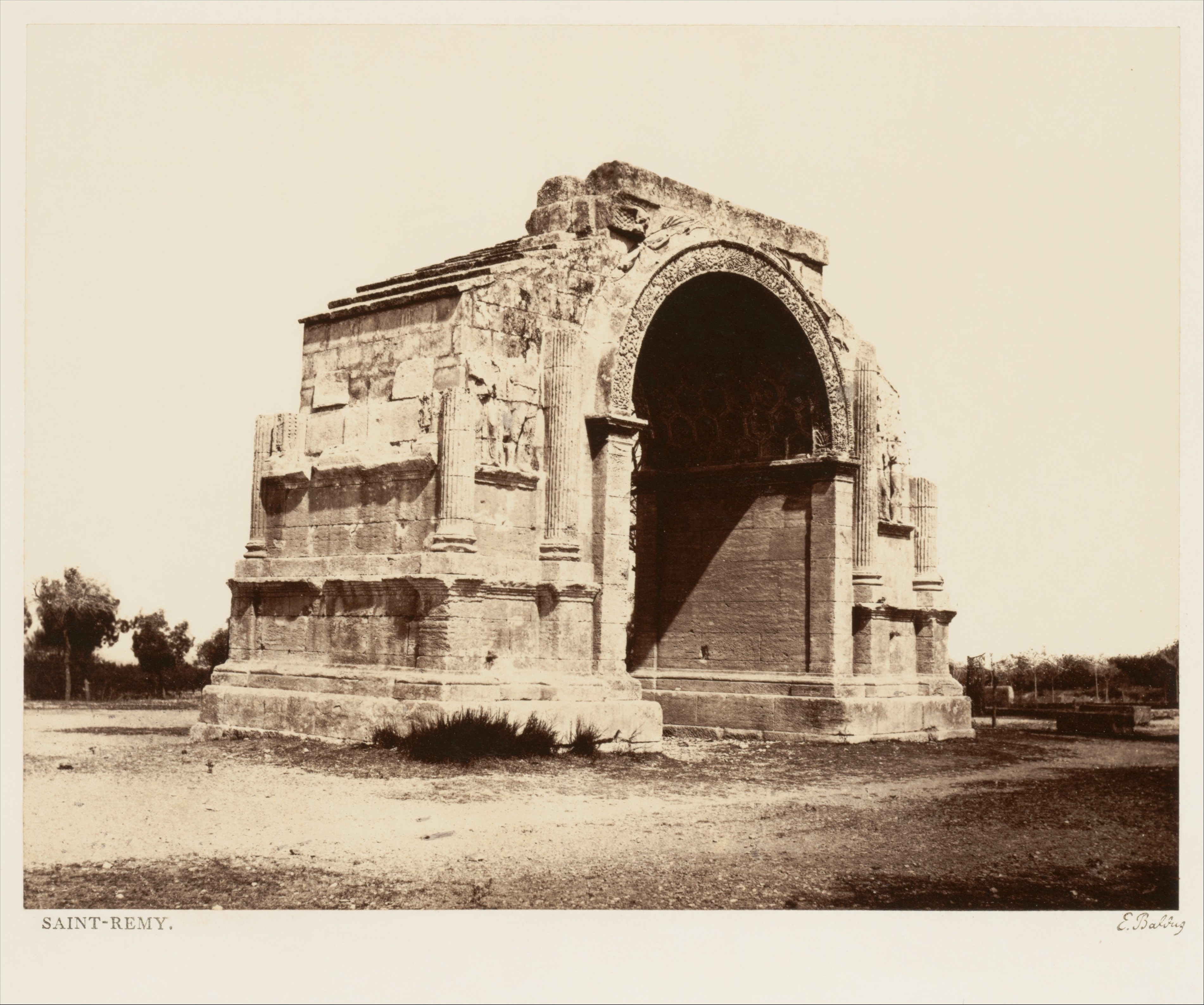Long-Time Period Memory In Psychology: Varieties, Capacity & Duration
페이지 정보
작성자 Freddie 작성일25-09-02 11:51 조회3회 댓글0건관련링크
본문


 Lengthy-time period memory will not be a single retailer and is divided into two types: explicit (realizing that) and implicit (knowing how). One of many earliest and most influential distinctions of long-time period memory was proposed by Tulving (1972). He proposed a distinction between episodic, semantic, and procedural memory. Procedural memory is a part of the implicit lengthy-term memory liable for knowing the right way to do things, i.e., memory of motor skills. It does not involve conscious (i.e., it’s unconscious-automatic) thought and isn't declarative. For instance, procedural memory would contain data of methods to trip a bicycle. Semantic memory is a part of the express lengthy-time period memory liable for storing information in regards to the world. This includes information concerning the meaning of words, in addition to basic data. For instance, London is the capital of England. It entails aware thought and is declarative. The knowledge that we hold in semantic memory focuses on "knowing that" something is the case (i.e. declarative). For example, we might need a semantic memory for figuring out that Paris is the capital of France.
Lengthy-time period memory will not be a single retailer and is divided into two types: explicit (realizing that) and implicit (knowing how). One of many earliest and most influential distinctions of long-time period memory was proposed by Tulving (1972). He proposed a distinction between episodic, semantic, and procedural memory. Procedural memory is a part of the implicit lengthy-term memory liable for knowing the right way to do things, i.e., memory of motor skills. It does not involve conscious (i.e., it’s unconscious-automatic) thought and isn't declarative. For instance, procedural memory would contain data of methods to trip a bicycle. Semantic memory is a part of the express lengthy-time period memory liable for storing information in regards to the world. This includes information concerning the meaning of words, in addition to basic data. For instance, London is the capital of England. It entails aware thought and is declarative. The knowledge that we hold in semantic memory focuses on "knowing that" something is the case (i.e. declarative). For example, we might need a semantic memory for figuring out that Paris is the capital of France.
Episodic memory is part of the specific long-time period memory liable for storing details about events (i.e. episodes) that we've experienced in our lives. It involves conscious thought and is declarative. An example would be a memory of our 1st day at school. The information that we hold in episodic memory focuses on "knowing that" one thing is the case (i.e. declarative). For instance, we might have an episodic memory of knowing that we caught the bus to college in the present day. Cohen and Squire (1980) drew a distinction between declarative information and procedural data. Procedural knowledge involves "knowing how" to do issues. It included abilities, such as "knowing how" to playing the piano, journey a bike; tie your shoes, and MemoryWave Official other motor expertise. It does not involve acutely aware thought (i.e. it’s unconscious - automated). For instance, we brush our teeth with little or no awareness of the talents concerned. Recalling information from declarative memory involves some extent of acutely aware effort - info is consciously brought to thoughts and "declared".
Evidence for the distinction between declarative and procedural memory has come from analysis on patients with amnesia. Typically, amnesic patients have great difficulty retaining episodic and semantic data following the onset of amnesia. Their memory for events and information acquired before the onset of the situation tends to stay intact, however they can’t retailer new episodic or semantic memories. In other phrases, it seems that their capacity to retain declarative data is impaired. However, their procedural memory appears to be largely unaffected. They can recall skills they've already discovered (e.g. riding a bike) and acquire new abilities (e.g. studying to drive). Bahrick, Bahrick, and Wittinger (1975) investigated what they referred to as very long-term memory (VLTM). Practically 400 individuals aged 17 - seventy four had been examined. Members had been asked to listing the names they might remember of these of their graduating class in a free recall test. There were numerous circumstances together with: a free recall take a look at, where participants tried to recollect names of people in a graduate class; a photograph recognition check, consisting of 50 photos; a reputation recognition test for ex-faculty pals.
댓글목록
등록된 댓글이 없습니다.